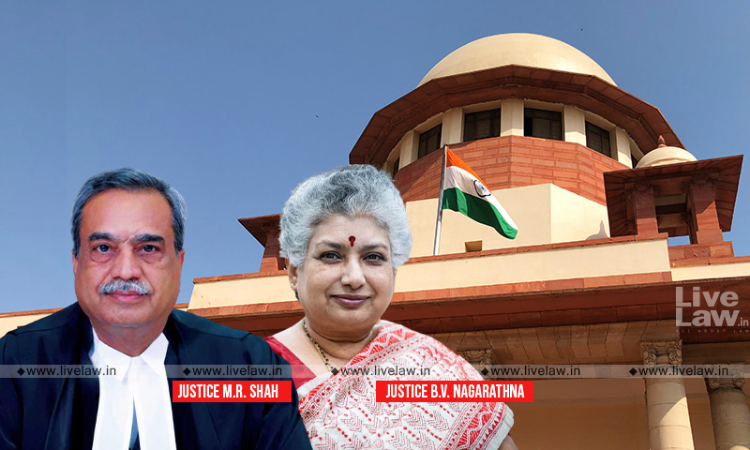Conviction Can be Solely Based Upon Dying Declaration Without Corroboration: Supreme Court
LIVELAW NEWS NETWORK
1 Feb 2022 6:11 PM IST

Next Story
1 Feb 2022 6:11 PM IST
The Supreme Court observed that there can be a conviction solely based upon the dying declaration without corroboration."If the Court is satisfied that the dying declaration is true and voluntary it can base its conviction on it, without corroboration", the bench comprising Justices MR Shah and BV Nagarathna observed.The court observed thus while restoring the conviction of the murder...
